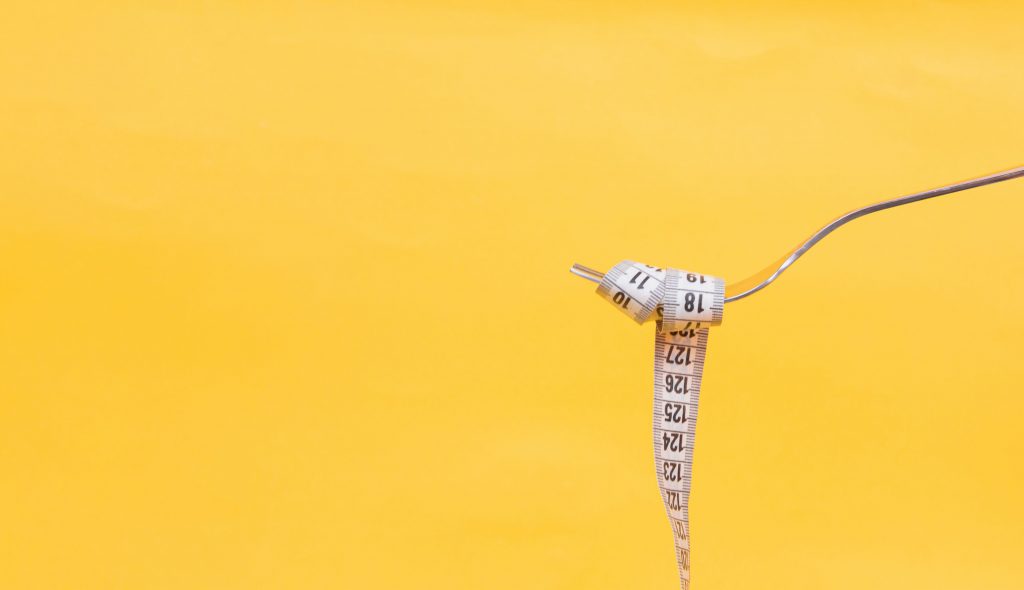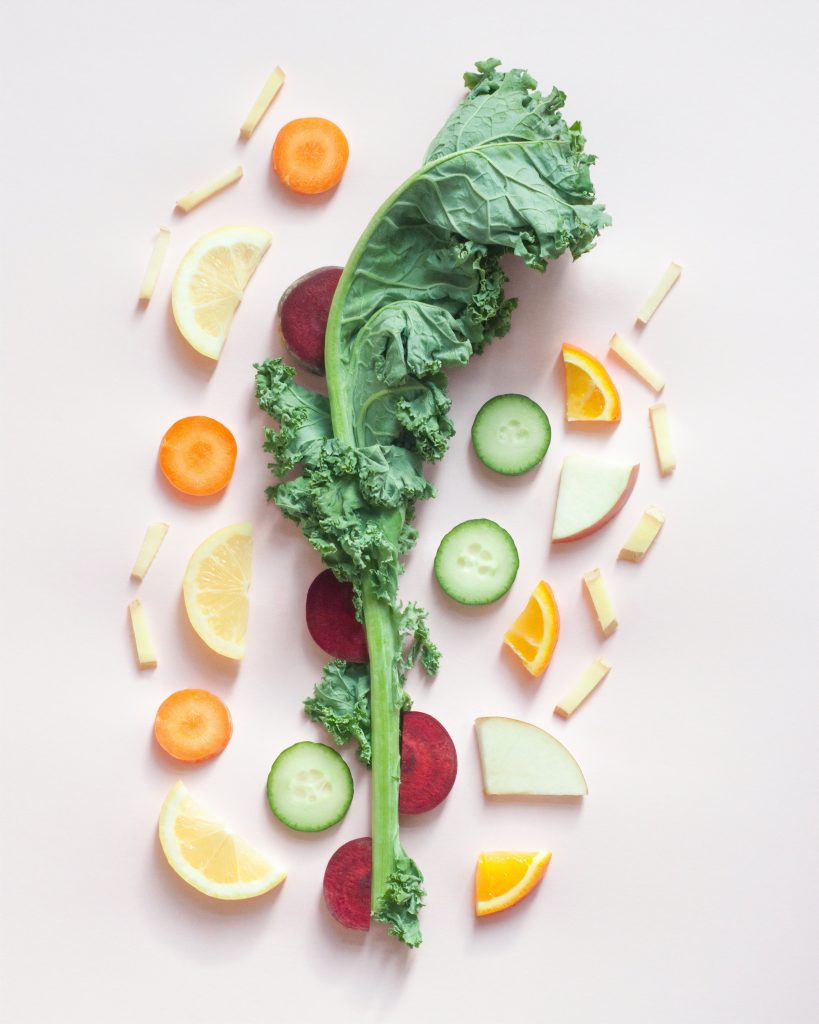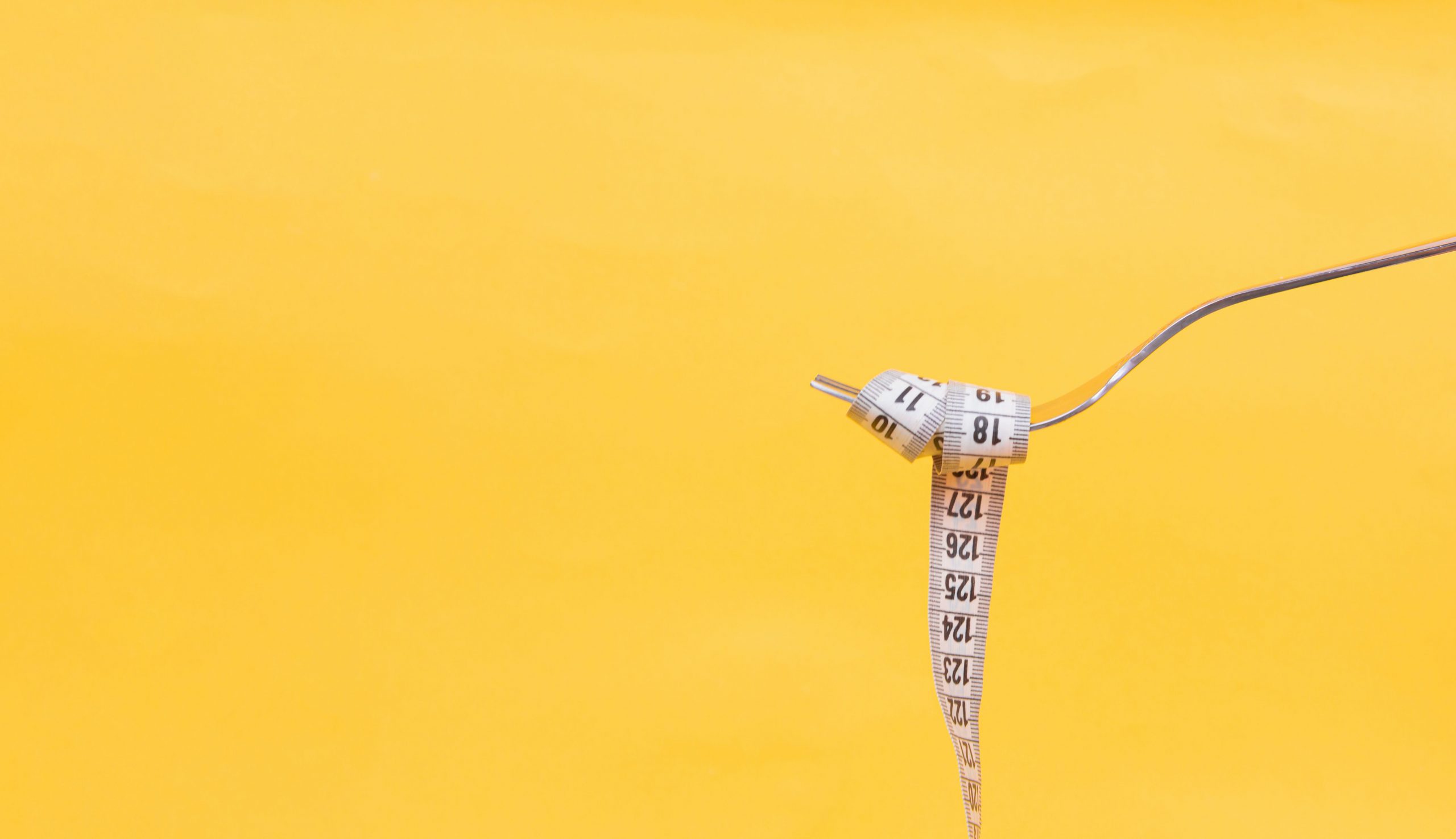We have seen alcoholics in the late, deteriorative stages of their addiction, eating less or nearly no food. So how do they survive without food?
Because alcohol contains calories, it is considered a food – a very rich food indeed!
One ounce of pure alcohol delivers about 170 calories when broken down in the body. As Berton Roueche notes in The Neutral Spirit, “That approximates the caloric vigour of a dozen oysters, one broiled lamb chop, a hard roll, an average baked potato, a glass of milk or a large orange.

As a concentrated source of energy, alcohol thus ranks among the very richest of foods. Only the fats which assay around two hundred and seventy calories per ounce are richer.”
Alcohol boosts energy, not nutrition, quickly
Alcohol’s calories are quickly available to the body and require the cells to do relatively little work to release them. Unlike most fats, proteins, and carbohydrates, which need one to four hours of soaking the digestive acids secreted by the mouth, stomach, and small intestine, alcohol requires virtually no preparation before being absorbed into the bloodstream and distributed throughout the body.
The breakdown process in the liver is relatively simple, and within minutes after ingestion, alcohol’s calories are supplying the body with a boost of energy.
Unfortunately, these calories are empty, containing only tiny amounts of vitamins, minerals and amino acids. Without sufficient amounts of these essential nutrients, the cells cannot replace damaged cell parts, create new cell materials, or carry on the everyday functions of a living, healthy cell.
Therefore, alcohol’s energy “kick” is its most beneficial and potentially its most deadly characteristic. As typically consumed, alcohol is usually in the body in small amounts and for relatively short periods, and its effects are therefore temporary.

Furthermore, in small quantities, alcohol’s benefits are noticeable and the penalties nonexistent: the cells receive a quick jolt of energy, the heartbeat accelerates, the brain cells speed up their communications, and the drinker feels euphoric and stimulated.
The chemical causing these pleasurable effects is easily eliminated in an orderly and efficient manner, and the body then returns to normal activities. The brain cells quickly recover from their alcohol bath, the liver cells return to their everyday functions, nutritional materials once again flow in adequate proportions and amounts to the cells, and waste materials are efficiently eliminated.
Alcohol robs the alcoholic of nutrients
In large and continuous amounts, however, the penalties of drinking far outweigh the initial benefits. The drinker is taking in so many calories from alcohol that he will automatically require fewer calories from other, more nutritious foods. Alcohol also disrupts the cells’ ability to take in and use nutrients from other food.
It interferes with the absorption of various vitamins from the gastrointestinal tract, inhibits the absorption of certain vitamins in the urine, including thiamine, pyridoxine, and pantothenic acid.
As a result, even if alcoholics are eating well, alcohol denies them the full nutritional benefit of what they eat. Alcohol literally robs the body of those substances which are essential for life. Thus, all alcoholics develop malnutrition regardless of what or how much they eat.
Why do people drink alcohol?
Anyone who has experienced the pleasant, stimulating and euphoric effects of alcohol will find it easy to understand why millions of people drink beverage alcohol worldwide. And there is certainly nothing complicated or mysterious about why alcoholics take up drinking or why they continue to continue to drink.
The short answer is that they consume for all the reasons other people do – stimulation, euphoria, relaxation, and perhaps, mild intoxication.
But those with a predisposition – genetic or biochemical – drink more and more often. And that becomes a BIG problem.

Need help with an alcohol addiction?
Please contact us to discuss a Home Detox Programme or any of our other services.
Together, we can build a new life for you! Tel: 0800 1404044



